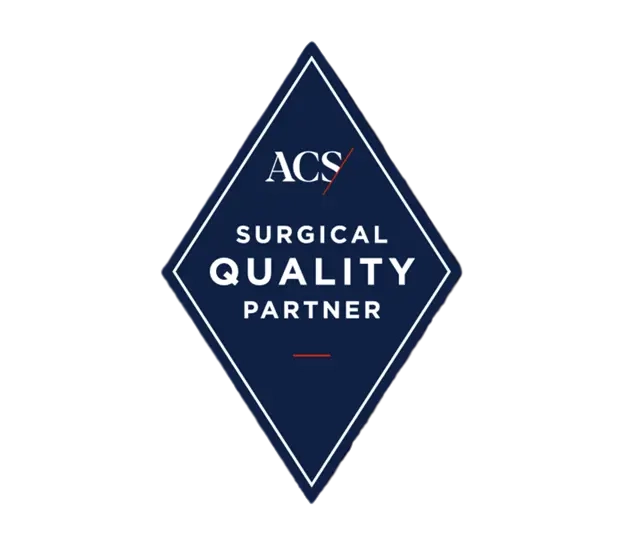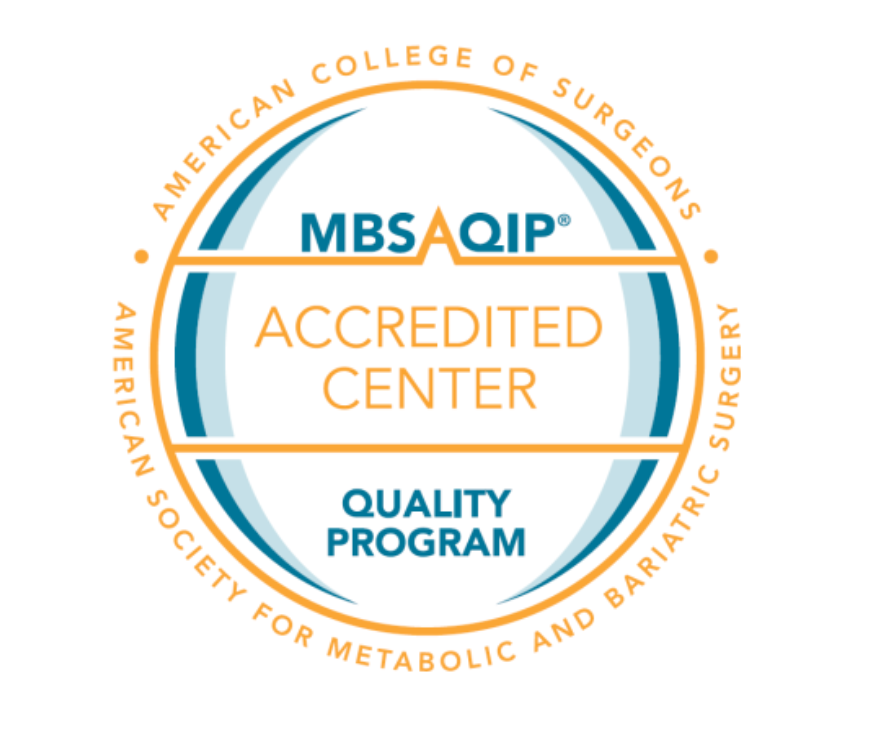When you start your weight loss journey, you might have questions about what you can eat, how much you can eat and how to keep losing weight successfully. Nutritionists at University of Missouri Health Care answer all of these questions and help you stay on track for safe, effective weight loss results.
Explore answers to some of the most common bariatric surgery nutrition questions below.
Can I have mushy foods on my liquid diet before surgery?
No. The liquid diet is designed to be very low in carbohydrates and fat to force your body to use the fat stores it already has. This helps your body use the fat in your liver and shrinks the liver before surgery. For maximum fat loss, you should avoid any foods, even mushy foods.
Can I have other drinks besides what is listed on the Preoperative Liquid Protein diet?
No. Other than protein supplements, you should only drink calorie-free or low-calorie drinks, such as water, flavored waters, sugar-free gelatin and/or broth. You should also only use skim or one percent milk to control calorie and fat intake.
I don't feel very good on my liquid diet. Is this normal?
It is normal to feel nauseous, have a headache or become irritable during the first 48-72 hours of your liquid diet. These bad feelings will pass as your body gets used to the diet. It is also normal to have loose stools and need to use the restroom frequently during the liquid diet. Make sure you are drinking plenty of water and a minimum of 80 grams of protein on your liquid diet.
What is a clear liquid?
A clear liquid is a translucent fluid. It doesn’t have to be colorless. If you can shine a flashlight at the fluid and see the light come through the other side, it is a clear liquid.
How big is my pouch after surgery?
Initially, your stomach pouch after gastric bypass surgery only holds about two ounces of food (about 1/4 cup). By three to six months after surgery, your stomach pouch comfortably holds about four ounces of food (about 1/2 cup).
A vertical sleeve gastrectomy or duodenal switch pouch also typically holds four to six ounces of food. Over time, some people can comfortably eat up to eight ounces (1 cup) of food at a single meal.
If you had adjustable gastric banding surgery, your band should hit a “right fit” adjustment. Your stomach pouch may hold four to six ounces of food at that time.
When can I stop diluting fruit juice?
Drinking regular fruit juice increases your sugar and caloric intake. You'll need to continue to dilute fruit juice for life, making your drink at least half water. You can add more water for a lighter fruit flavor.
What is a "slider food?"
A slider food is any food with a soft, mushy texture. These foods "slide" right through your pouch without leaving you feeling full. Examples include:
- Applesauce
- Ice cream
- Mashed potatoes
- Pudding
- Simple white carbohydrates like pretzels and crackers
- Soup
- Sugar-free gelatin
You should only eat these foods rarely after you complete your diet progression.
Once I finish my diet progression, can I have more kinds of food than what are listed in my book?
Yes, within reason. You must continue to choose foods and beverages that are sugar-free, have no added sugar and are low-fat.
How many calories, carbohydrates and fat am I supposed to have?
Right after your surgery, you should focus on meeting your protein, fluid, vitamin and mineral goals.
A year after your gastric bypass surgery, sometimes sooner for gastric band and vertical sleeve patients, a good diet has about 1,000 to 1,200 calories per day. You should get 35 percent to 55 percent of calories from carbohydrates, 25 percent to 35 percent of calories from protein and 20 percent to 30 percent of calories from fat. We recommend keeping an electronic food record to figure out if your diet is meeting these nutrition guidelines.




